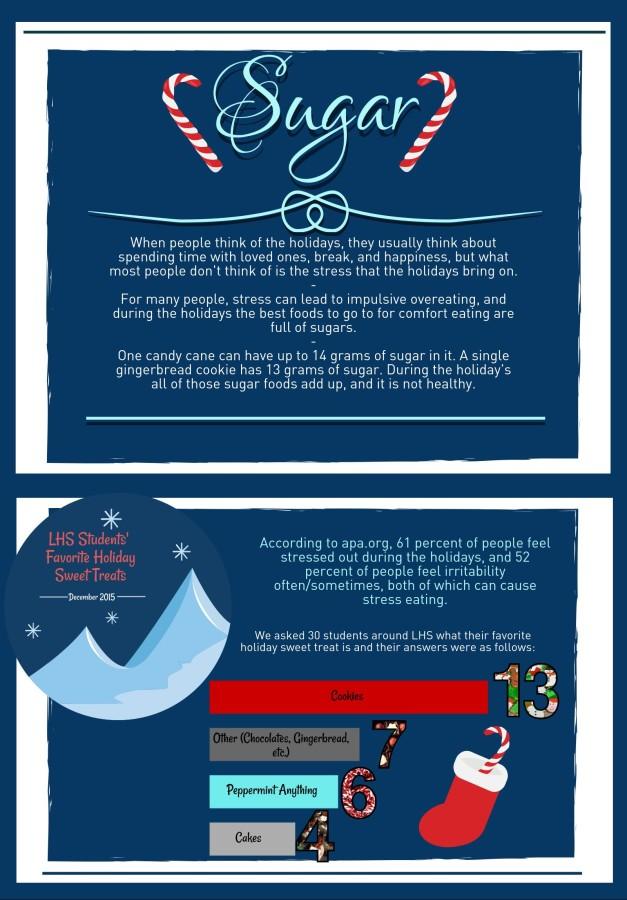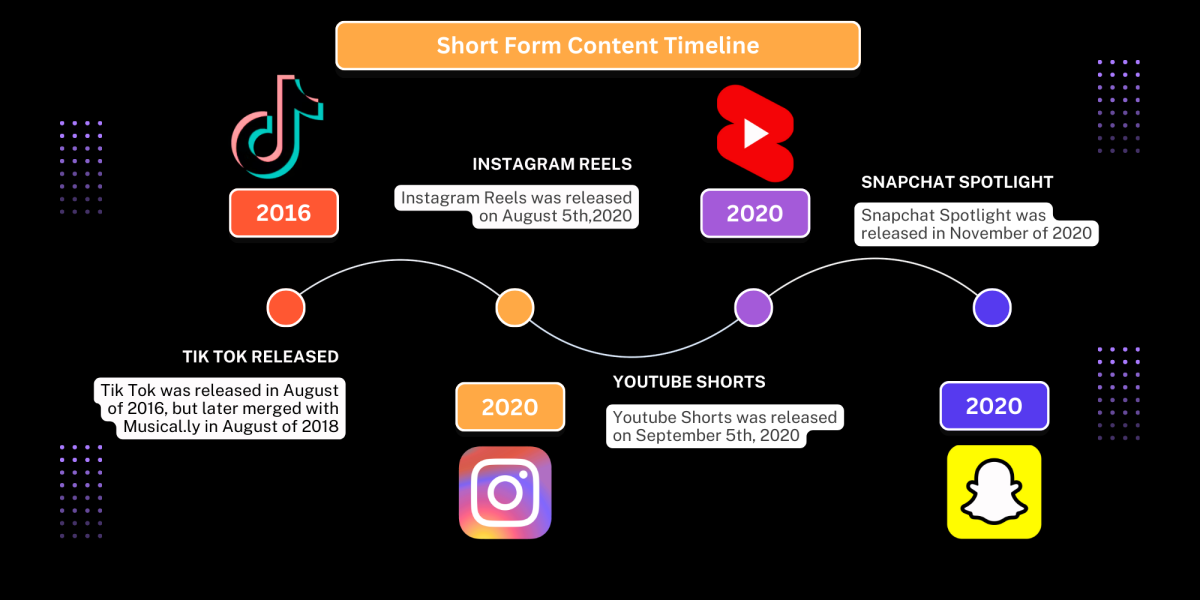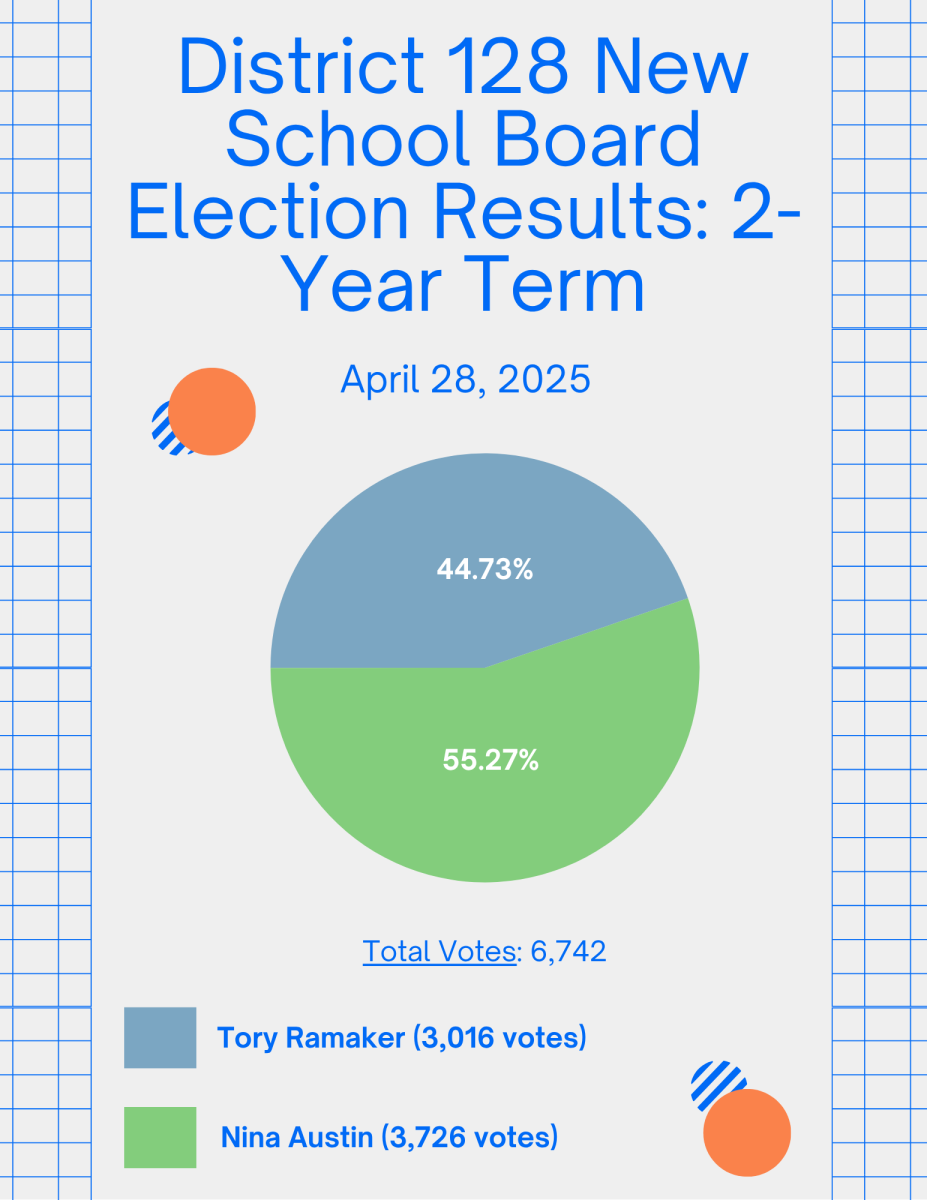Three Simple Ways to Minimize Sugar Consumption:
- Use coconut sugar instead of refined white sugar. It’s natural, cost-efficient, and much better for you. This swap will spare your sugar intake by 1 gram per teaspoon.
- Ask for soy milk in your favorite Starbucks drinks to lessen the amount of fat in the drink. It tastes the same, if not better, and usually the swap is charge-free!
- Try tea instead of coffee in the mornings; it will still taste fine without sugar and milk added and will still give you energy. Most teas can be bought with caffeine. If you absolutely need coffee in the morning, try milk instead of heavy cream or drink it black if you can handle it.
Effects of Consuming too much Sugar:
According to SugarScience.org, a website created by a group of health scientists from the University of California, the average American consumes 19.5 teaspoons of sugar daily even though the recommended daily intake for women is 6 teaspoons a day and the recommended daily intake for men is 9 teaspoons a day. Those extra teaspoons of sugar add up to about 66 pounds of sugar consumed each year, per person.
“Sugar has a purpose, but like anything, it should be consumed in moderation. You don’t want to say no to sugar all together, but consumption of it can be dangerous for some people,” shared school nurse Mrs. Cameron Traut.
Sugar these days is easily obtainable, as it is in almost everything. In just one 12 oz. soda, you can find as many as 11 teaspoons of sugar, which would make a single serving almost double a person’s daily sugar allowance. These 11 teaspoons in one 12 oz. soda equal the amount of sugar in 1 orange, 16 strawberries, and 2 plums all together.
Through brain-scanning technology at the U.S. National Institute on Drug Abuse, a group of scientists demonstrated that sugar causes changes in people’s brains similar to those that are caused by addictive substances such as alcohol and drugs. These changes in the brain leave a person craving more and more sugar.
“There is an addictive quality to sugar and it’s your body that craves it after a while so if you start sugar at a young age, it gets harder and harder to stop,” explained Mrs. Traut.
Sugarscience.org also stated that overconsumption of sugar can lead to unhealthy weight gain. This is due to the fact that eating sugar leads to an increase of glucose in the bloodstream; this then causes the pancreas to release insulin. The release of insulin in the body results in the body storing more calories as fat. Insulin also suppresses a hormone called leptin. This hormone is in control of telling the body to stop eating and is in charge of giving you the “full” feeling after a meal.
High consumption of sugars can lead to “leptin resistance,” which makes leptin fail to send the body signals to stop eating, making you hungry even when you no longer need more food in your system. Thus leading to eventual weight gain and in some extreme cases, obesity.
The fructose in sugar can also have detrimental effects on your liver. Natural fructose found in fruit is fine, but scientists at sugarscience.org state that nowadays companies remove the fiber and nutrients from fructose when extracting it from foods like corn, beets, and sugarcane. This makes it harder for our bodies, especially our liver, to handle.
According to SugarScience.org, since fructose is processed in the liver, it can cause multiple diseases in the liver including non-alcoholic fatty liver disease and and non-alcoholic steatohepatitis.
Non-alcoholic fatty liver disease results in excess fat buildup in the liver and non-alcoholic steatohepatitis can lead to scarring in the liver, which may eventually cut off vital blood flow to that area.














